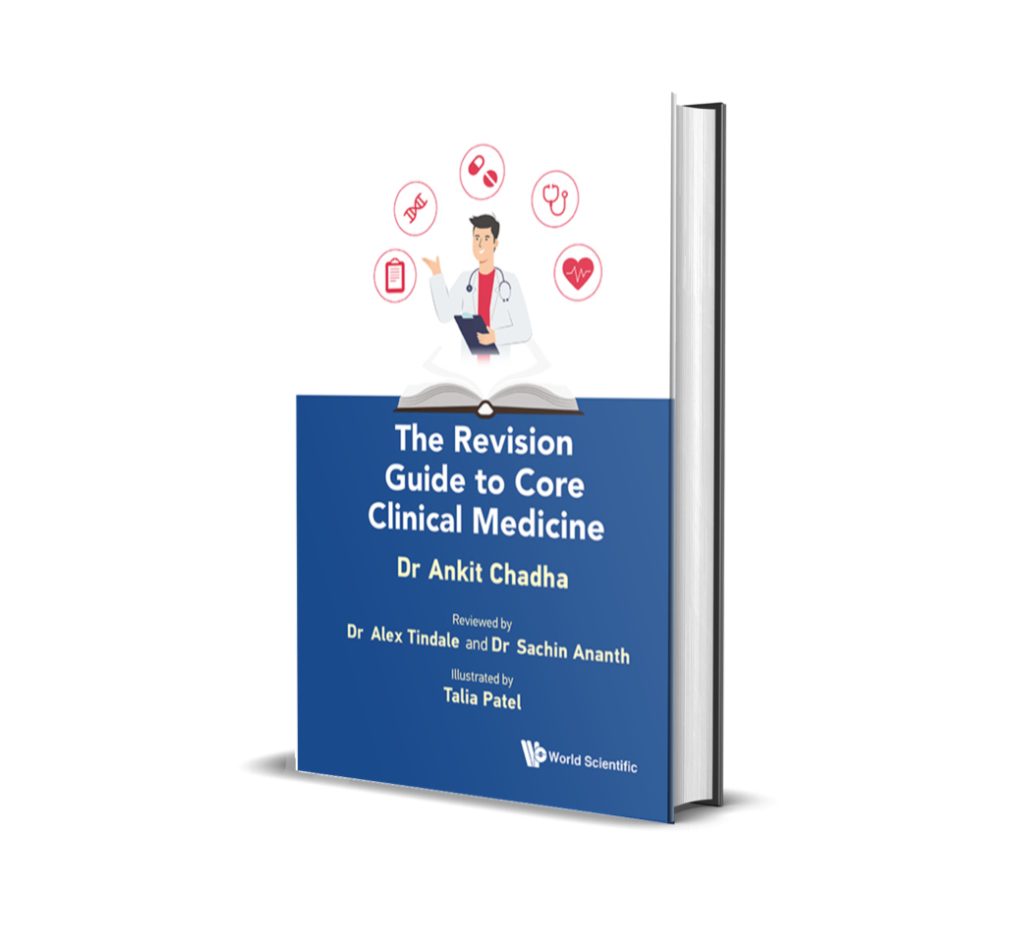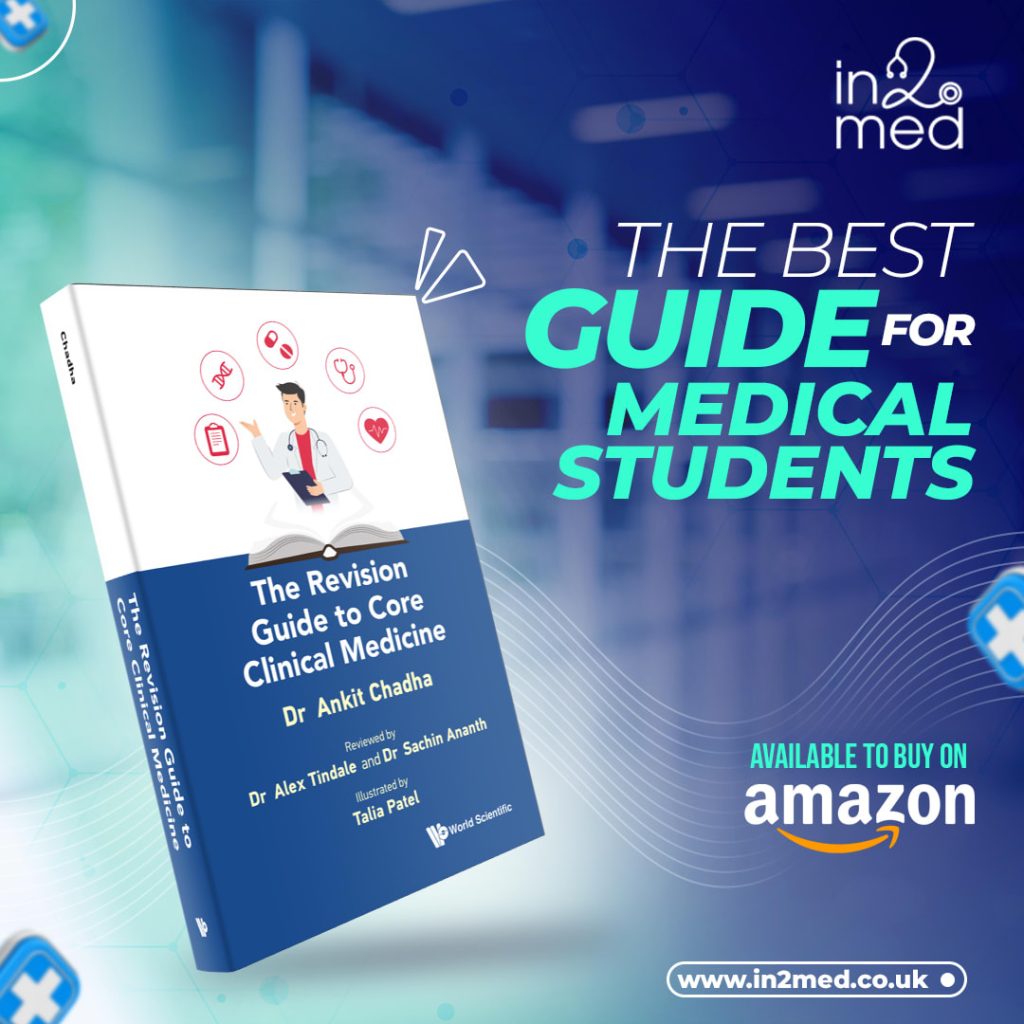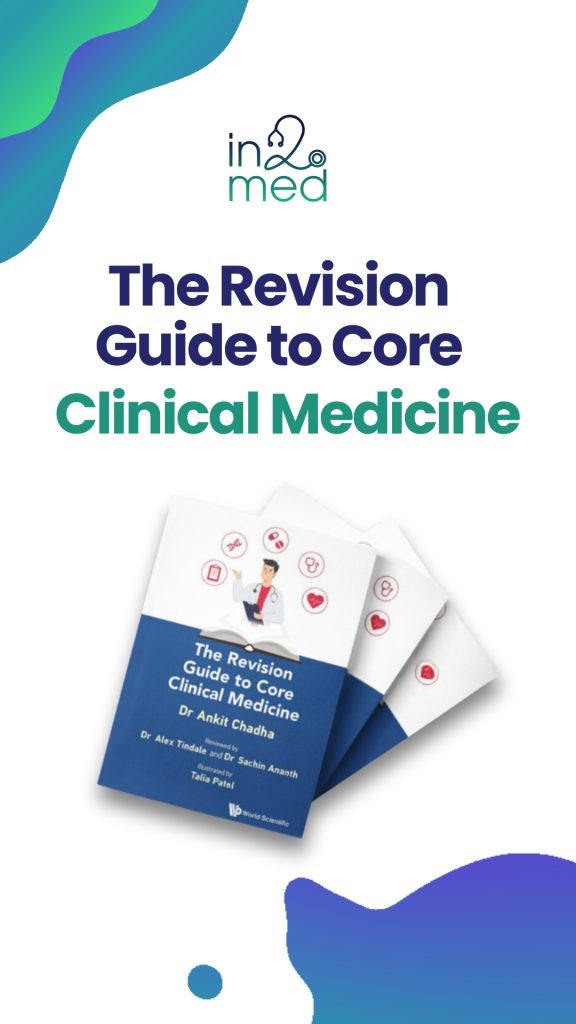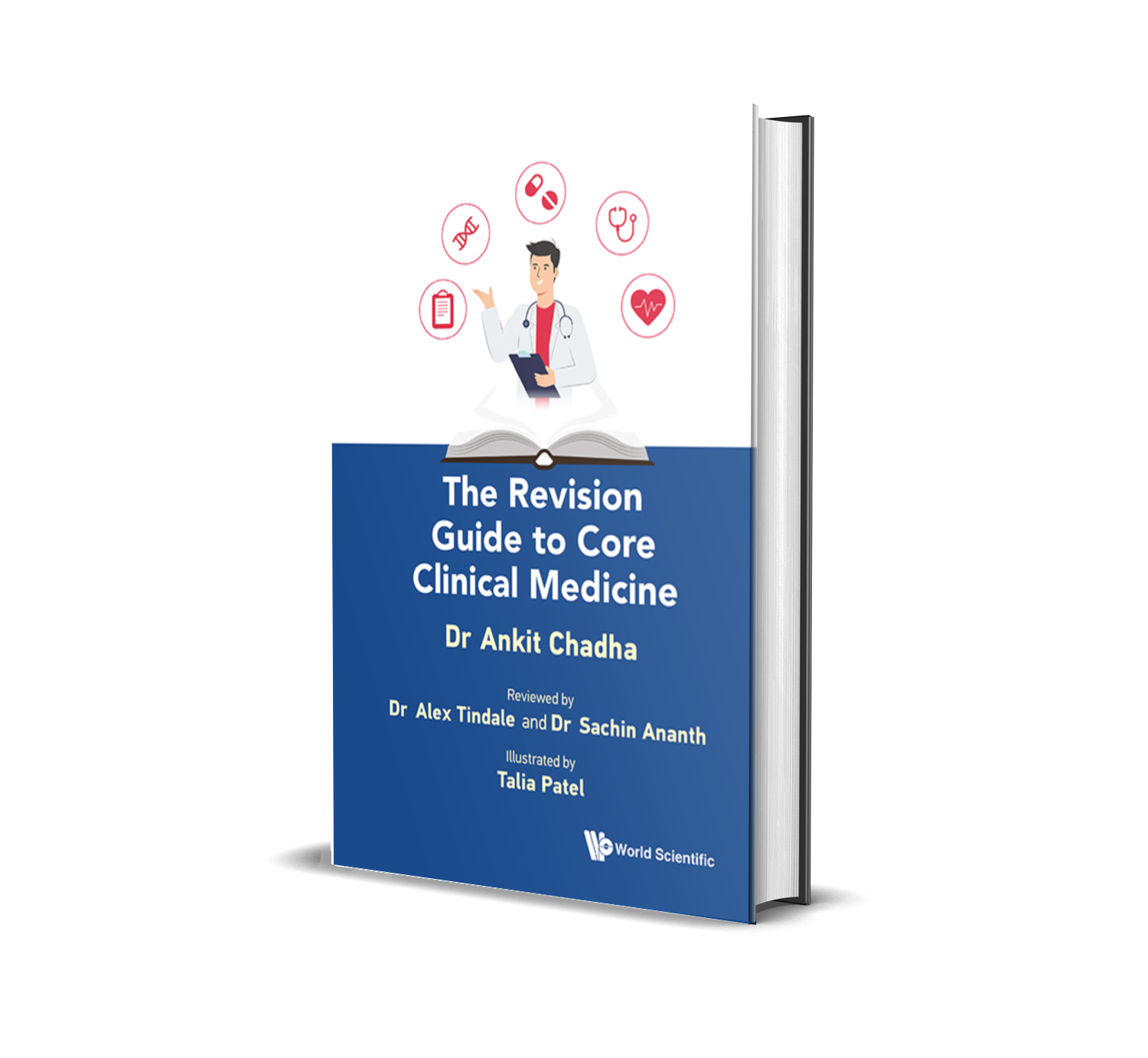My trip to China
Dear Friend,
Why is it that when you’re working, time seems to drag on, but when you’re on holiday, it flies by? Before I knew it, my trip to China had come to an end, and I’m now back in the UK. The good news is, I only have to wait five days before jetting off again—this time to Spain. I guess summer is truly here!
This was my first visit to China. Naturally, you hear a lot about the country in the news, and much of the Western media coverage can be quite negative. Words like “communist country,” “language barrier,” “unfamiliar food,” “pollution,” “overcrowding,” and “developing nation” were all part of my preconceived notions. However, I’m pleased to say that my firsthand experience was completely different and genuinely eye-opening. So, this week, I’d like to share some of the myths that my trip to China dispelled.
Food was fantastic
One of my biggest concerns was the food. I’d heard from several people that the cuisine would be inedible. Although I’m usually a fan of Chinese food, I was told that the food in China and the Chinese food we get in the UK are very different. A few friends even recommended bringing their own meals—like dhal and rotis—or eating at McDonald’s every day. But whether it was hot pot, noodles, or street food, my experience was nothing short of delicious. I will admit vegetarians might face some challenges, but I was pleasantly surprised to find a small selection of vegan options in every restaurant I visited. It seems they are really making an effort to cater to the international crowd.

Concrete Jungles — Skyscraper After Skyscraper
For anyone who thinks China is mostly rural villages, think again. While I’ve been to Manhattan and Dubai, the cities I visited in China—Beijing and Guangzhou—were on a whole different level. From the metro system and smart toilets to the taxis, China is definitely at the forefront when it comes to technology.
Welcoming People
I was a bit apprehensive that locals might not be as welcoming to foreigners. However, almost everyone we met was incredibly kind. I was surprised that most people spoke very little English, so we often had to rely on Google Translate or our Chinese colleague for help. Despite the language barrier, people were always eager to assist. I also felt very safe walking the streets at night with my phone out—something I can’t always say about London
Reliance on WeChat
One challenge I faced was that all the apps I’m used to—Facebook, Instagram, Google, WhatsApp, even my NHS email—are blocked in China. Everything runs through WeChat. Without it, you really feel like a fish out of water. I understand this is because many of these apps use end-to-end encryption, preventing the Chinese government from accessing data, so everything is centralized on WeChat. While I enjoyed the digital detox, it did sometimes feel like I was cut off from the world.
Summary
In summary, I had a truly wonderful trip. I recognize that my experience was that of a tourist, seeing only the surface of the country. For locals, life is likely very different.
The main takeaway for me is not to believe all the stereotypes you hear in the news. Especially at a time when many junior doctors are becoming frustrated with the UK and the NHS, I think it’s increasingly important to explore new places with an open mind—since they might offer better career and societal opportunities in the future. China probably isn’t where I’ll work, mainly due to the language barrier, but at least now I’ve seen it firsthand and can make a more informed judgment.
I hope you found this useful. If you get the chance, I’d definitely encourage you to visit.
Drug of the week
Dronedarone
This is a is a class III antiarrhythmic medication developed by Sanofi-Aventis.
Its mechanism of action is similar to amiodarone, which works by inhibition in multiple outward potassium currents including rapid delayed rectifier, slow delayed rectifier and ACh-activated inward rectifier. It is also believed to reduce inward rapid Na current and L-type Ca channels.
The use of amiodarone is limited by toxicity due its high iodine content (pulmonary fibrosis, thyroid disease) as well as by liver disease. In dronedarone, the iodine moieties are not present, reducing toxic effects on the thyroid and other organs.

A Brain Teaser
A 16 year old girl presents to her GP with abdominal pain which occurs at the end of each month. She has not started her periods yet, but has secondary sexual characteristics. Pregnancy test is negative and she is not sexually active.
Which is the most likely diagnosis?
A: Imperforate hymen
B: Bicornuate uterus
C: Pelvic inflammatory disease
D: Dermoid cyst
E: Endometriosis
Answers
The answer is A – imperforate hymen.
The above history suggests there is an obstruction to menstrual flow (since other secondary sexual characteristics have developed and due to the cyclical abdominal pain). Bicornuate uterus, dermoid cysts, endometriosis and pelvic inflammatory disease are not causes of primary amenorrhoea.




